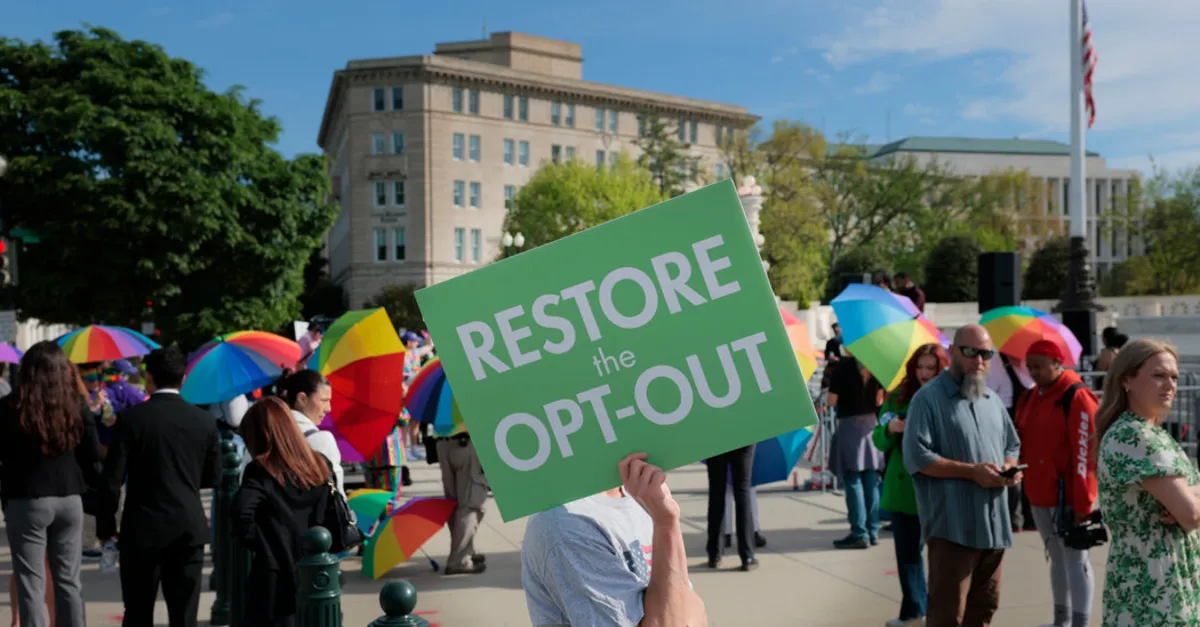
In a landmark decision, the Supreme Court ruled on Friday that public schools in Maryland must allow parents with religious objections to withdraw their children from classes discussing storybooks with L.G.B.T.Q. themes. The ruling, decided by a 6 to 3 vote, saw dissent from the court’s liberal members, highlighting the ongoing debate around religious freedom and gay rights.
The case stemmed from a new curriculum adopted in 2022 by the Montgomery County Public Schools, the largest school system in Maryland. This curriculum included several storybooks aimed at children from prekindergarten through fifth grade. Notable titles included “Pride Puppy,” which narrates the story of a family whose puppy gets lost at a Pride parade; “Love, Violet,” focusing on a girl developing a crush on her female classmate; “Born Ready,” which tells the story of a transgender boy; and “Uncle Bobby’s Wedding,” centered around a same-sex union.
Initially, the school system provided parents with advance notice regarding discussions of these storybooks, allowing them the option to excuse their children from such classes. However, school administrators later discontinued this opt-out policy. They argued that the notification process was challenging to manage, contributed to absenteeism, and posed a risk of social stigma and isolation for students who identified with the stories being told.
In response to the changes, parents from various religious backgrounds filed a lawsuit, claiming that the storybooks infringed upon their First Amendment rights to free exercise of religion. The plaintiffs contended that the books promote a one-sided view of transgender ideology, encourage gender transitioning, and focus excessively on romantic relationships, leading to concerns about their children's exposure to these themes.
This ruling marks a significant victory for advocates of religious freedom while simultaneously raising concerns among L.G.B.T.Q. rights supporters, as it underscores the ongoing tension between the two values. The decision adds to a growing trend in the court that favors religious claims, often at the expense of other civil rights.
As the landscape of education and religious rights continues to evolve, this case will likely spur further debates and legal challenges surrounding the integration of L.G.B.T.Q. themes in educational curricula across the United States.